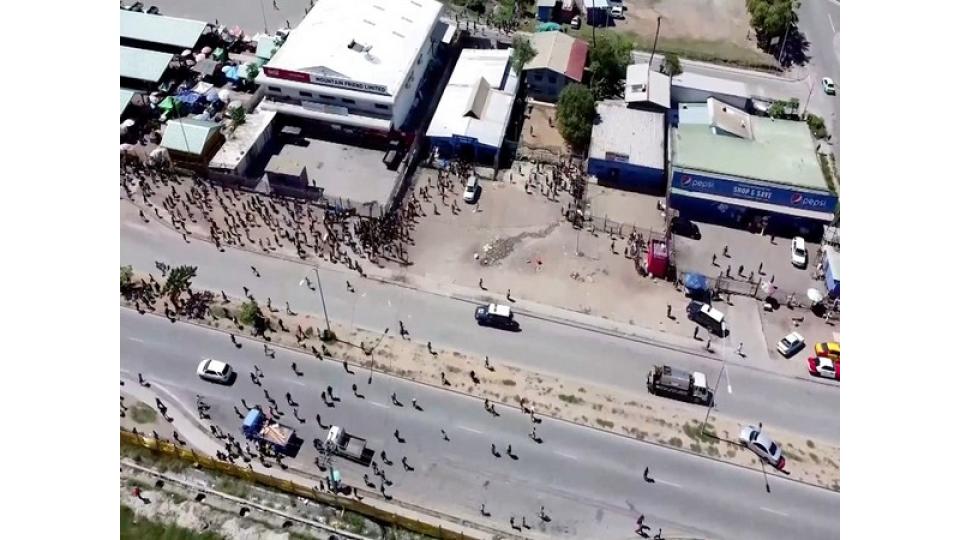Papua New Guinea’s Prime Minister James Marape declared a two-week state of emergency on Thursday, following widespread rioting and violence. He suspended several officials and deployed over 1,000 soldiers after a police and public sector protest escalated into deadly unrest that killed at least 16 people in the Pacific island nation.
From Pay Cut to Uprising
The unrest began on Wednesday when police, defense officials, and public servants walked off their jobs in protest of a sudden pay cut. The government quickly blamed the error on a “technical glitch” and promised to fix it, but the damage was done. In the capital, Port Moresby, the situation rapidly deteriorated into chaos and lawlessness.
Underlying Frustrations Fuel the Fire
The anger over the pay cut, though a trigger, wasn’t the sole reason for the violence. High unemployment and a rising cost of living in Papua New Guinea had created simmering frustration among the populace, which the pay cut incident merely ignited. Over a dozen stores were set on fire, and widespread looting was reported not only in Port Moresby but also in the country’s second-largest city, Lae.
Prime Minister Marape has announced an investigation into the crisis and suspended several key officials, including the police commissioner and the heads of the government’s finance, treasury, and personnel management departments. He has also suggested that the unrest may have been orchestrated by his political opponents.
Meanwhile, there are signs that the authorities are regaining some control. The US Embassy in Port Moresby reported that police and defense forces have returned to work, but tensions remain high, and the situation could erupt again any moment.
The Chinese Factor
The Chinese embassy in Papua New Guinea issued a notice to its citizens urging them to take precautions, as several Chinese stores and businesses were targeted during the riots. This incident highlights the complex geopolitical considerations at play in Papua New Guinea, which has been seeking closer ties with the US and Australia while also maintaining significant economic links with China.










